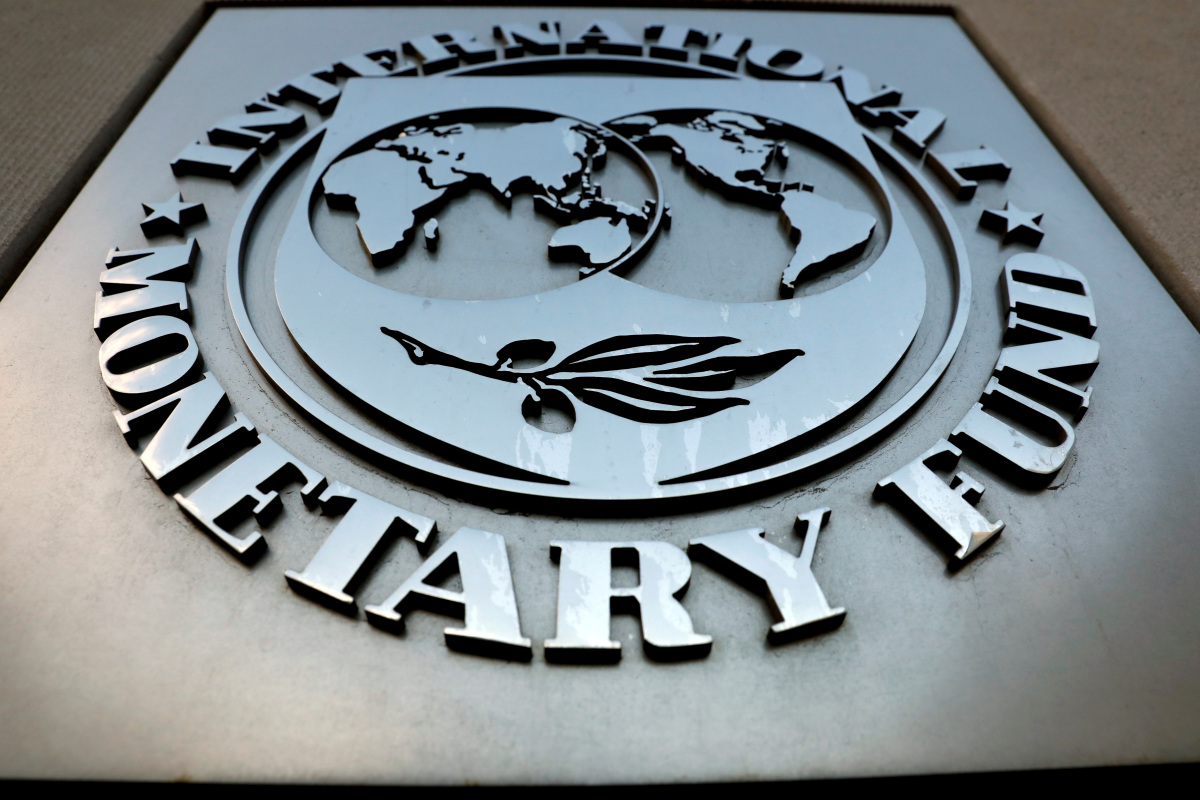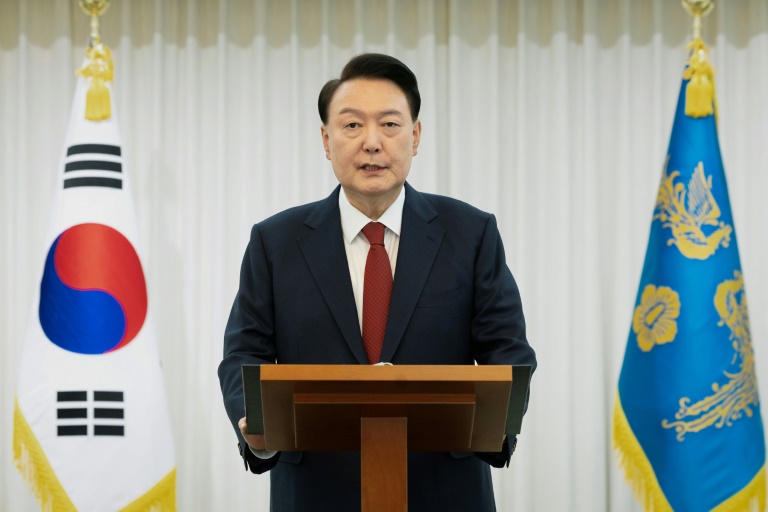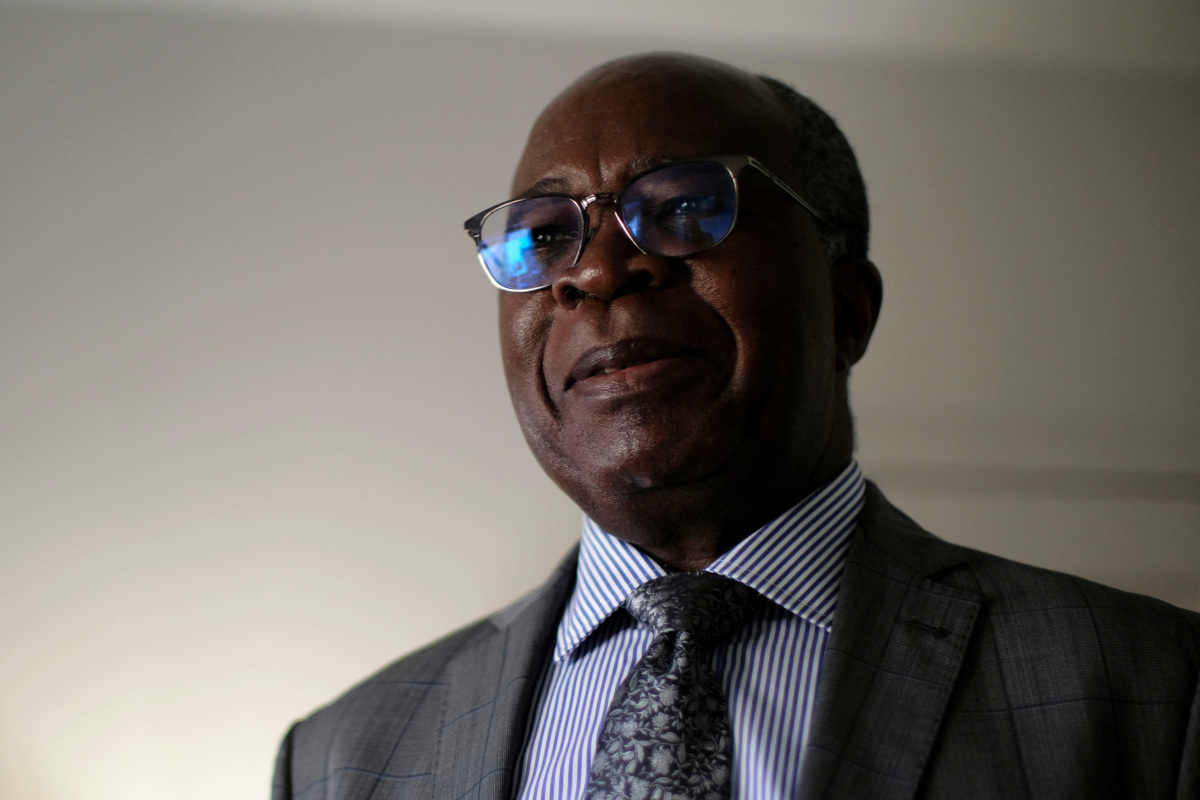Tunisia has reached a preliminary agreement with the International Monetary Fund (IMF) for a $1.9 billion rescue package that could be finalised in December, the fund said on Saturday.
Tunisia has been in urgent need of international help for months as it grapples with a crisis in public finances that has raised fears it may default on debt and has contributed to shortages of food and fuel, according to government critics.
The agreement is also seen as critical to unlock bilateral aid from country donors that wanted the reassurance of an IMF programme that Tunisia would carry out reforms to put its finances on a more sustainable footing.
Diplomats say many donors felt “burnt” by previous loan agreements in which Tunisia has taken billions of dollars without following through on promised reforms.
“The agreement is an important step for Tunisia’s public finances and will allow Tunisia to borrow from some bilateral sources,” a senior Tunisian official said on condition of anonymity. This month the central bank governor told Reuters that bilateral financing talks were progressing with Saudi Arabia.
Opposition politicians and Tunisia’s powerful UGTT labour union have warned of a possible “social explosion” if people’s needs are not met, with a petrol shortage causing long queues this week at fuel stations.
The staff-level agreement is for a $1.9 billion 48-month package through the IMF’s extended fund facility to restore macroeconomic stability, strengthen social safety nets and tax equity and bring reforms to foster growth and create jobs.
It is subject to the approval of the IMF board, which is scheduled to discuss Tunisia’s programme request in December, the fund said.
GROWTH TO SLOW
Political uncertainty and militant attacks had hit vital tourism revenues even before the challenges of the COVID-19 pandemic and global commodities squeeze from the Ukraine war.
Increasing numbers of Tunisians have this year joined a surge of illegal migration across the Mediterranean to Italy, with dozens dying since January in shipwrecks.
The IMF warned that in the near term growth would likely slow with more pressure on inflation and on the external and fiscal balances.
The government negotiated for months with the IMF and had to also to sign an agreement with the UGTT to limit public sector wage increases over the next three years.
The union, which says it has more than a million members, has historically been able to thwart economic reforms with threats of strike action, and it remains opposed to other parts of the package Tunisia has proposed to the IMF.
The fund noted government steps to phase out “generalised wasteful price subsidies”, with petrol and electricity prices having risen several times this year.
It said the agreed programme would include changes to expand the tax base and widen coverage of the social safety net to help poorer people cope with higher prices, as well as a law to govern reform of state-owned companies.







